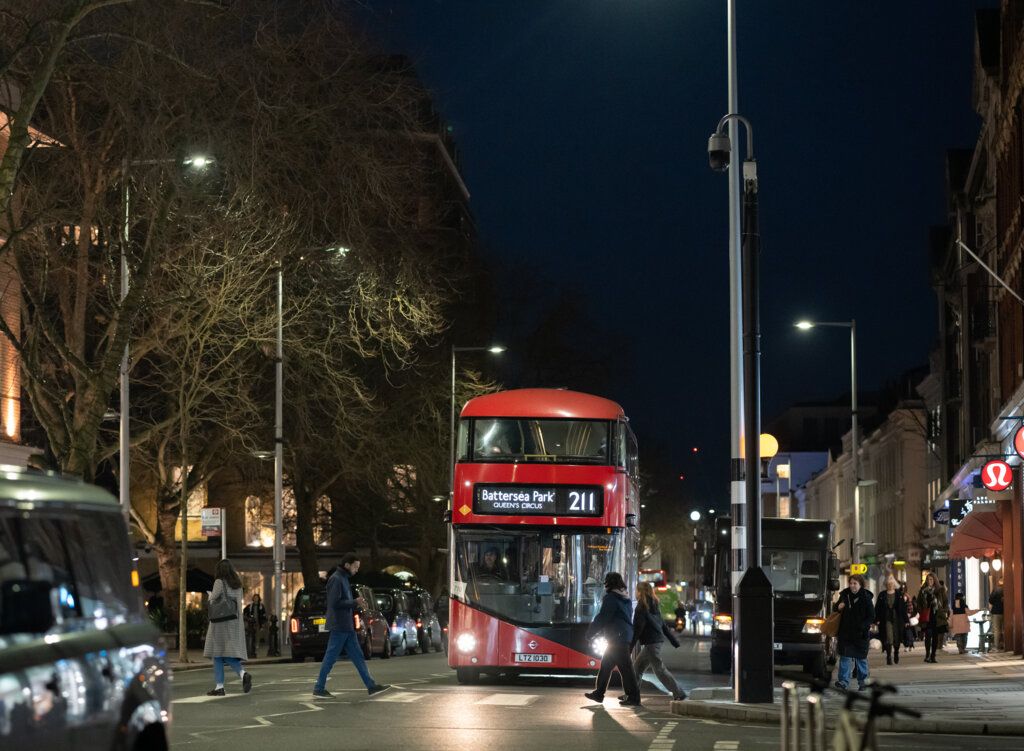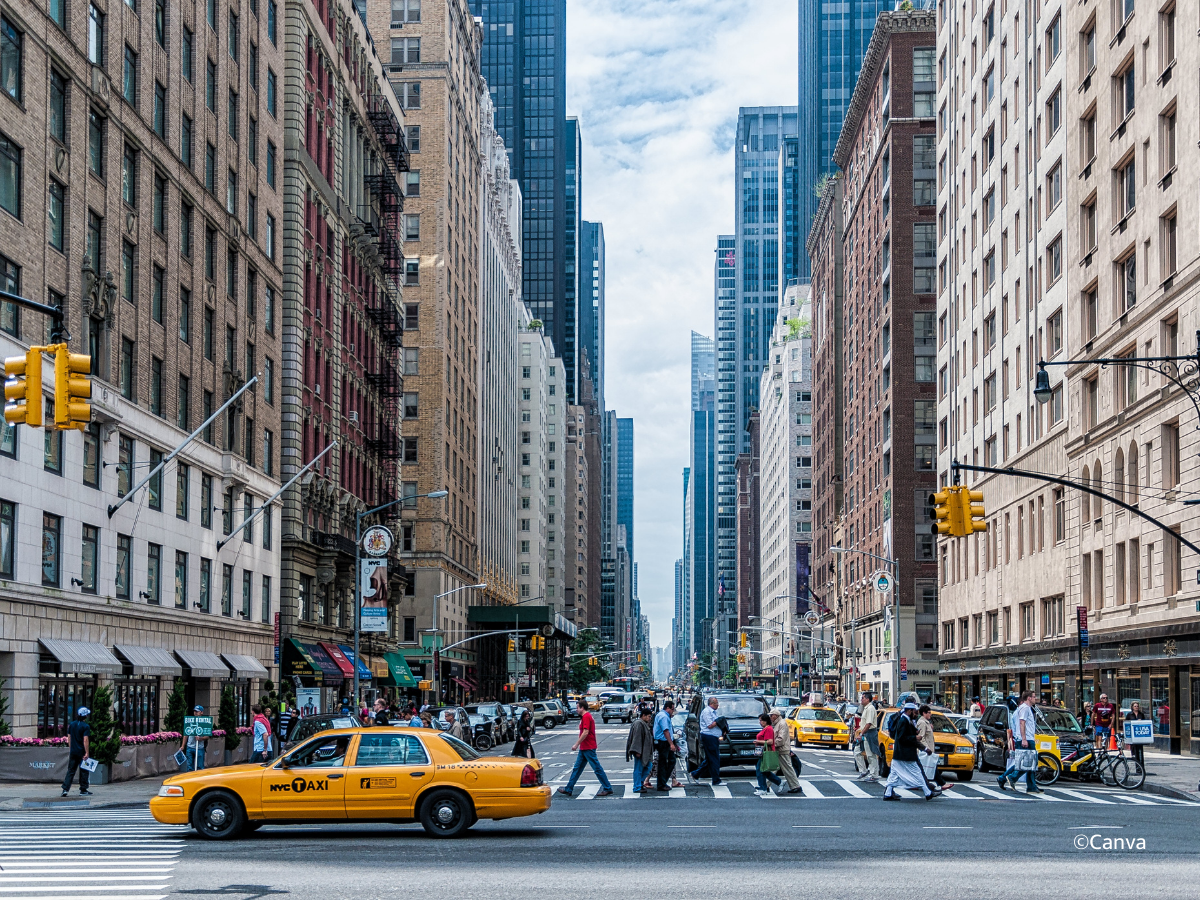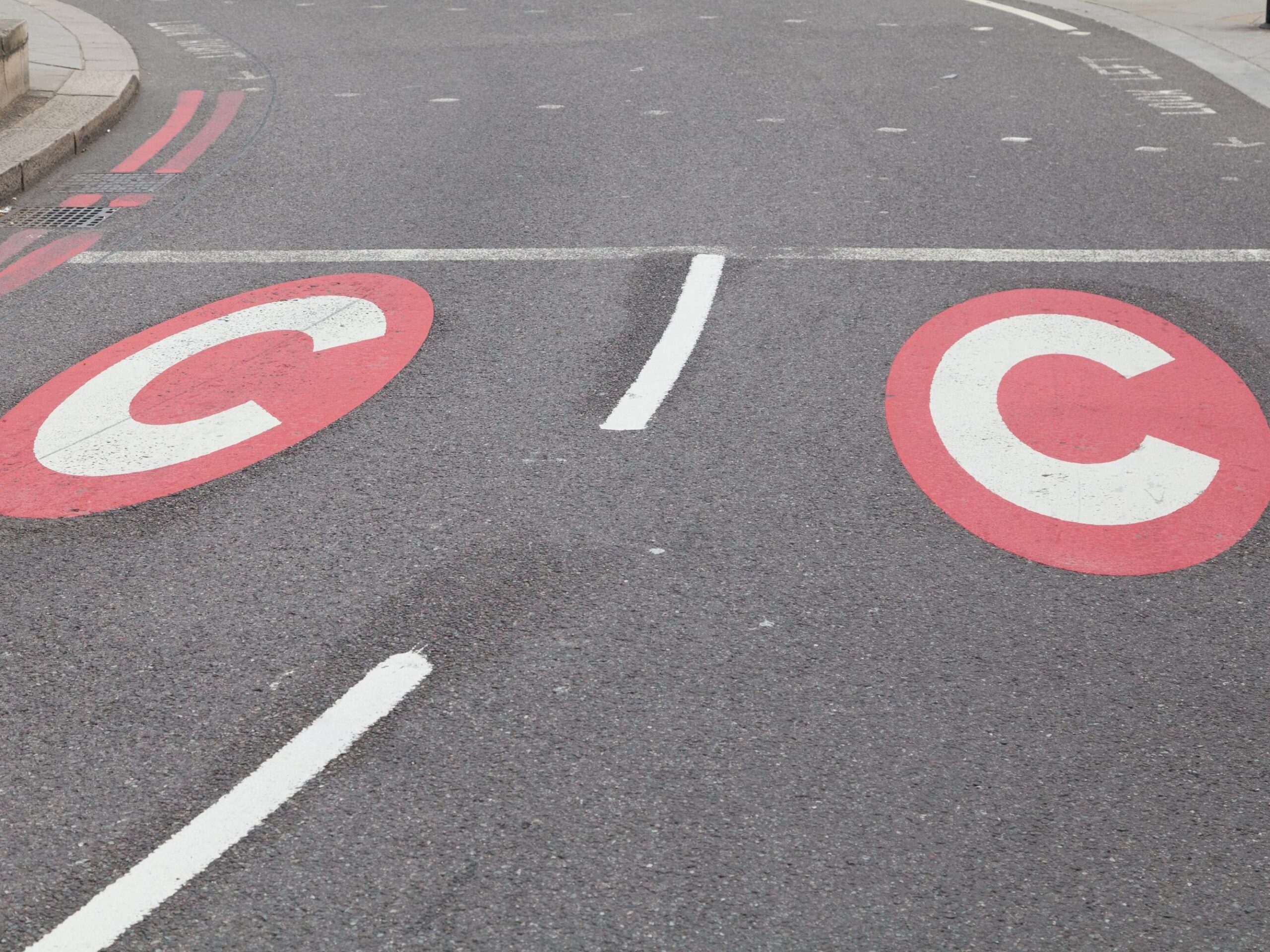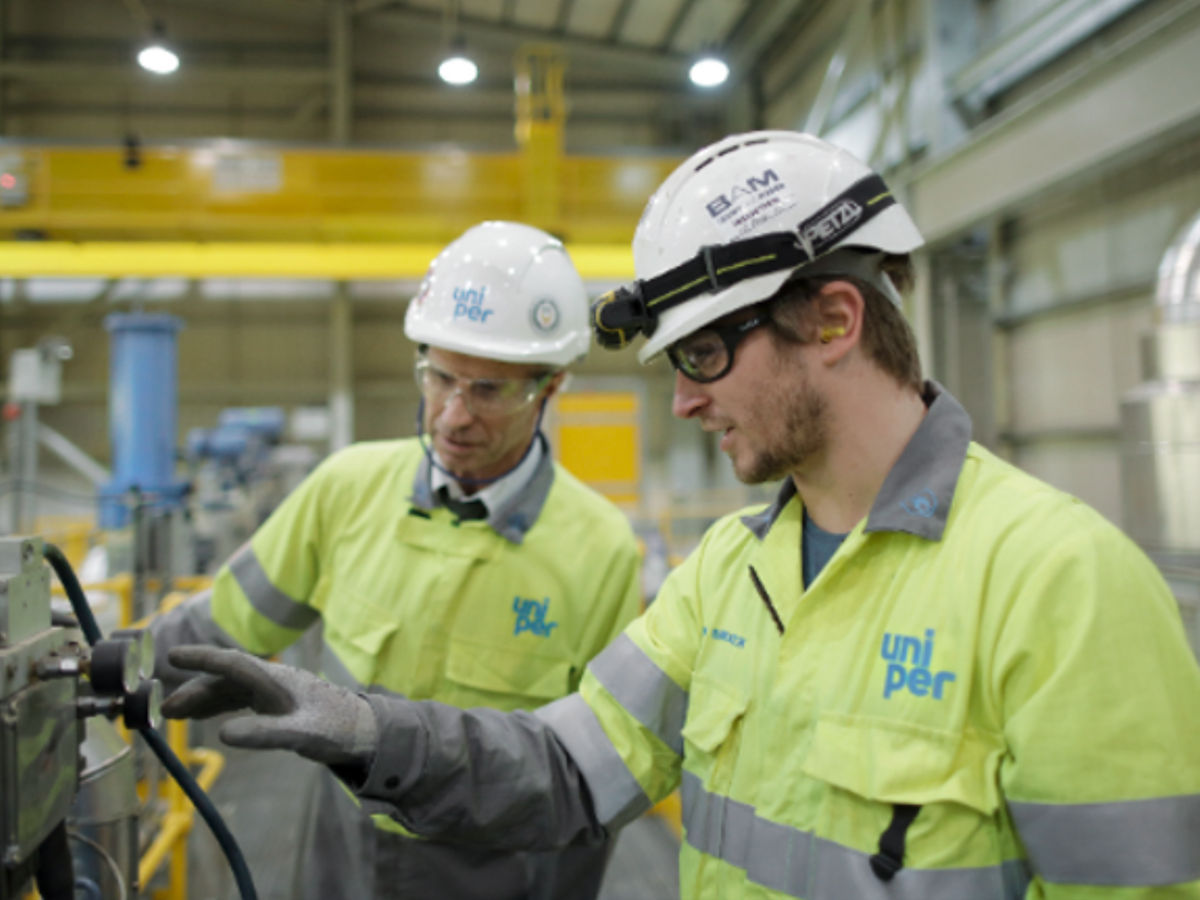The European Commission (EC) is proposing measures to make freight transport more efficient and sustainable by improving rail infrastructure management, offering stronger incentives for low-emission lorries and by providing better information on freight transport greenhouse gas emissions.
The aim is to help the freight sector meet the target of cutting transport emissions by 90 percent by 2050, which was pledged in the European Green Deal.
Rail Freight
Rail tracks are expensive to build and congested in the European Union. Therefore the EC has proposed regulation that aims to optimise their use, improve cross-border co-ordination, increase punctuality and reliability and hopefully attract more freight companies to rail.
Currently, the rules on capacity management are decided annually, nationally and manually, which the EC says does not favour cross-border traffic – but around half of rail freight crosses borders. This fractured approach, it says, leads to delays at border crossings and consequently hampers the functioning of the Single Market.
The Commission also noted that delays resulting from congestion caused by unco-ordinated maintenance work was also common.
The proposed regulation wants to support stable timetables and early bookings of tickets for passenger services as well as flexible train runs adapted to just-in-time supply chains for freight shippers.
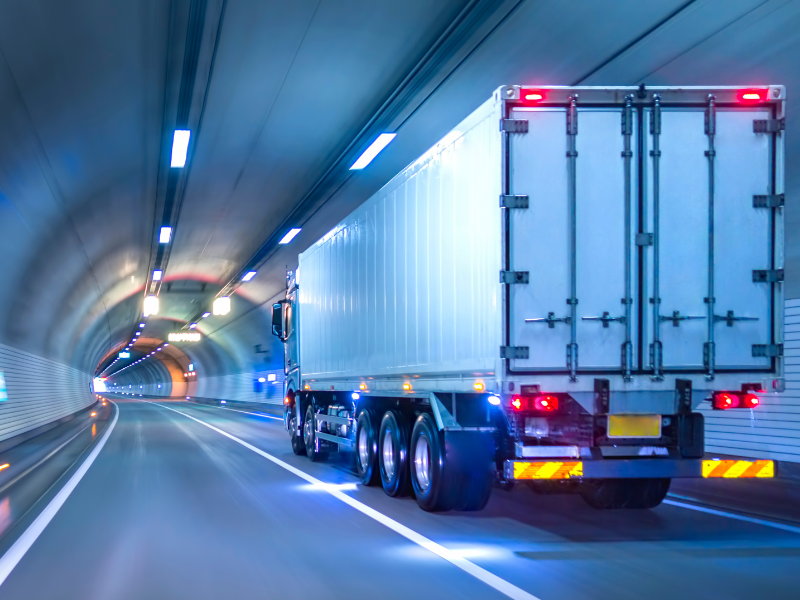
Low-Emission Lorries
Currently, more than half of all freight is transported by road in the European Union (2020 figures). This road transport is a major contributor to greenhouse gas emissions. The Weights and Dimensions Directive sets the maximum weight, length, width and height for heavy-duty vehicles. The EC’s proposal revises these figures to allow vehicles using ‘zero-emission’ technologies to be heavier. This is because these technologies make vehicles heavier. This move is designed to incentivise a switch to such vehicles. The European Commission believes that with greater maturity, such propulsion systems will become lighter in the future.
In terms of energy efficiency, the EC also wants to encourage more aerodynamic cabins and other energy-saving measures.
To encourage intermodal transport, where goods are transported via two more modes but with a standardised cargo unit, lorries, trailers and semitrailers are to be allowed to carry extra weight. Extra height will also facilitate the transport of high-cube containers by standard vehicles.
Carbon Footprints
The European Commission is proposing a common methodological approach for companies to calculate their greenhouse gas emissions, should they choose to publish them or should they be required to share them for contractual reasons.
By having reliable data on door-to-door emissions, operators will be able to benchmark their services, while consumers will be able to take this information into account when making choices around transport and delivery options.
These proposals will now be considered by the European Parliament and the Council in the ordinary legislative procedure.
Adina Vălean, Commissioner for Transport, said:With today’s proposals, we are ensuring we get the best out of the EU’s Single Market. Freight transport in the EU is responsible for an annual turnover of €938 billion, and through our initiatives, we want to increase the availability of rail capacity for freight and cross-border trains; we instate an accurate, homogenous system of counting emissions from transport operations, and we make road transport more efficient.
EU freight transport is currently responsible for more than 30 percent of carbon emissions from transport.



